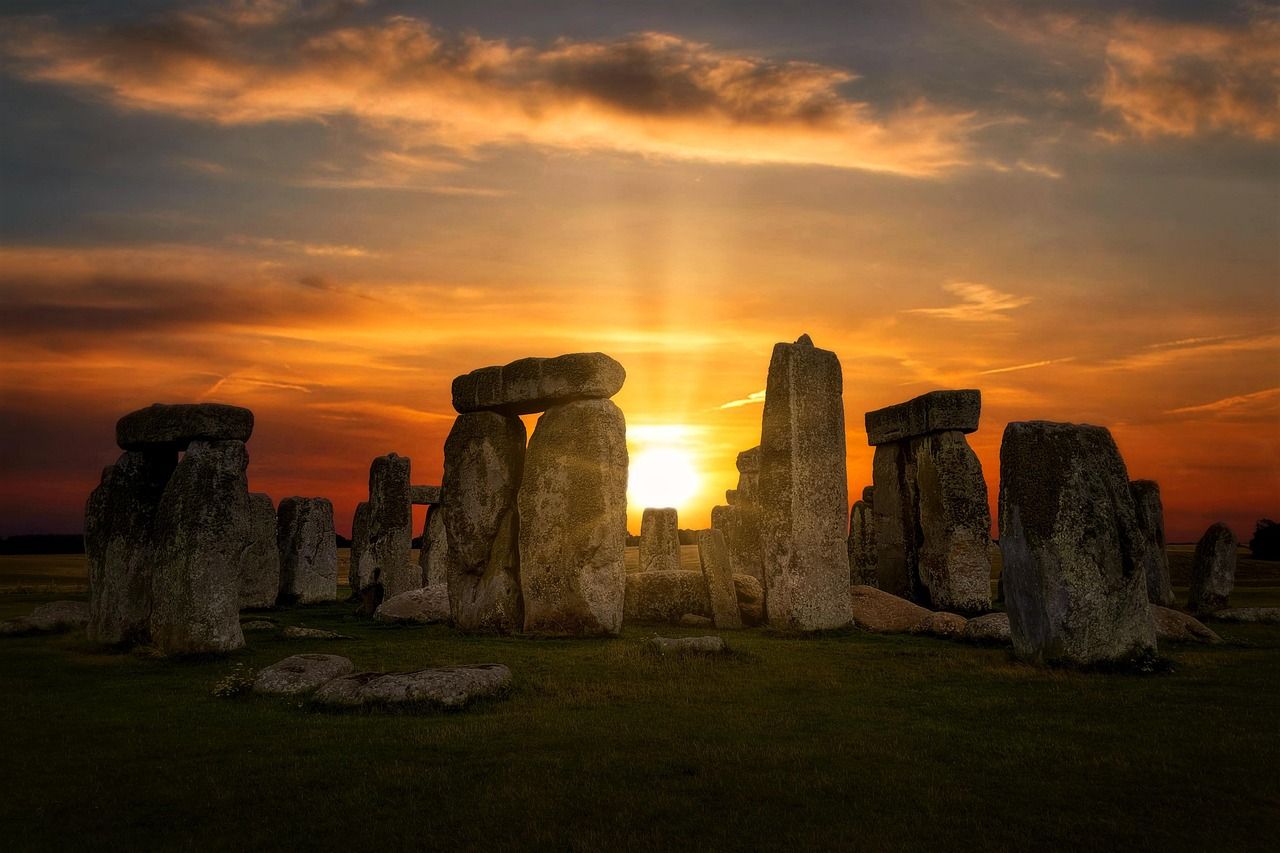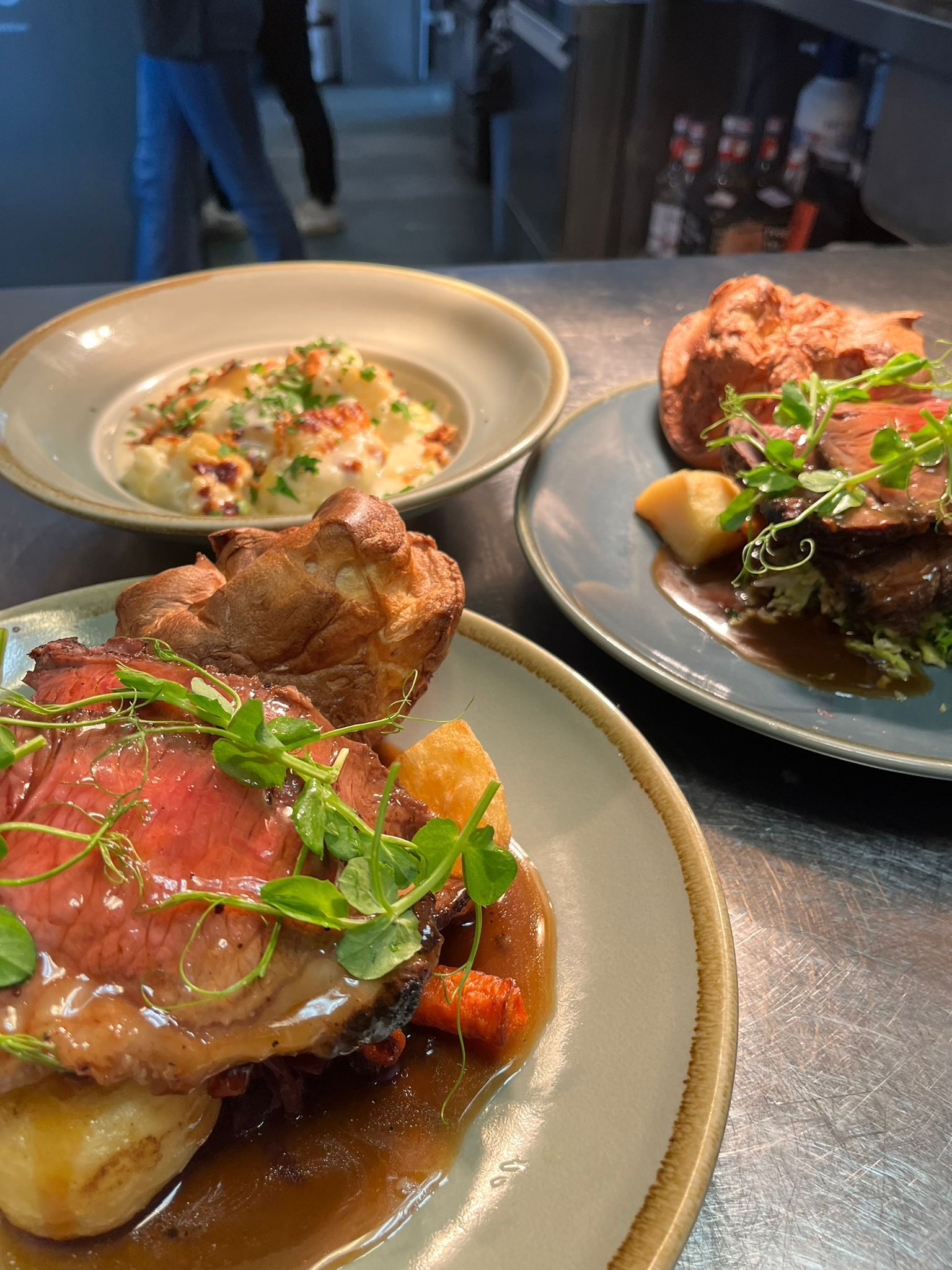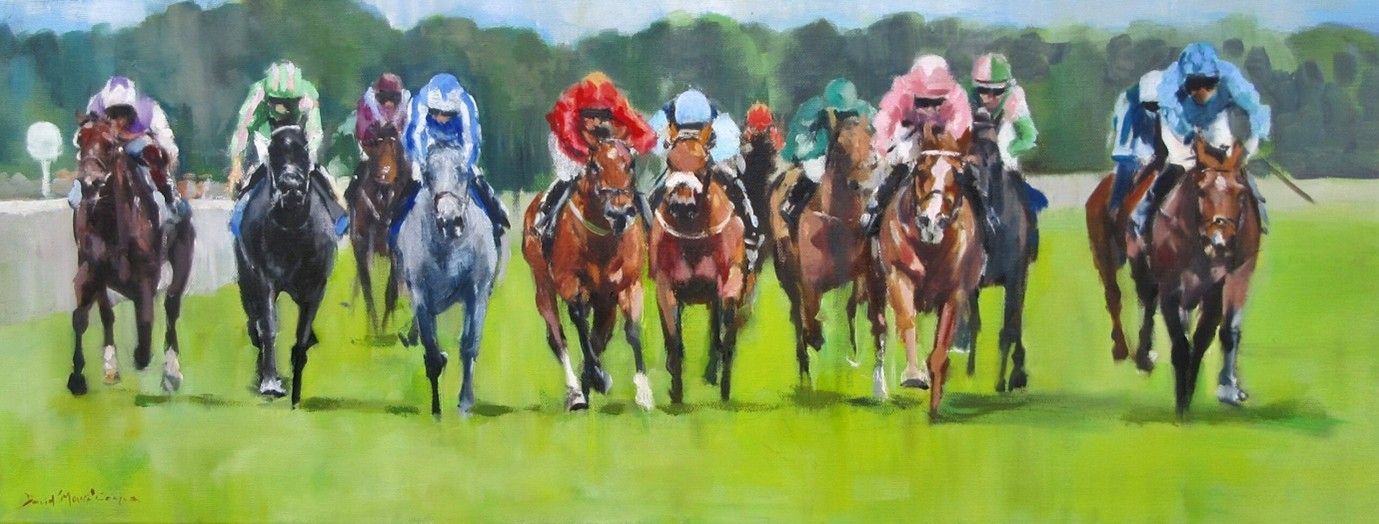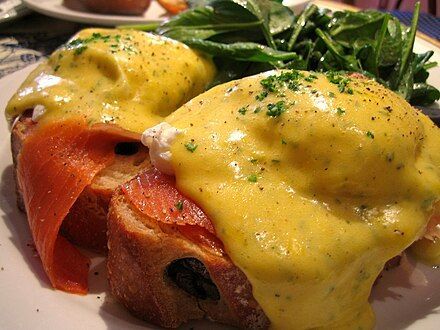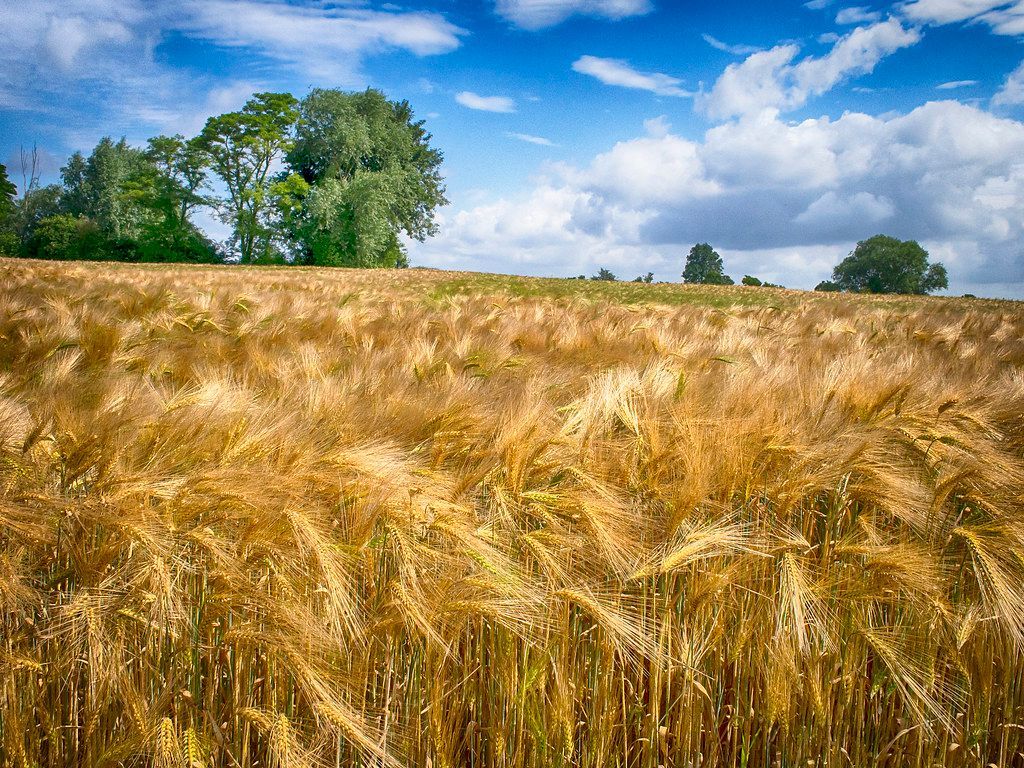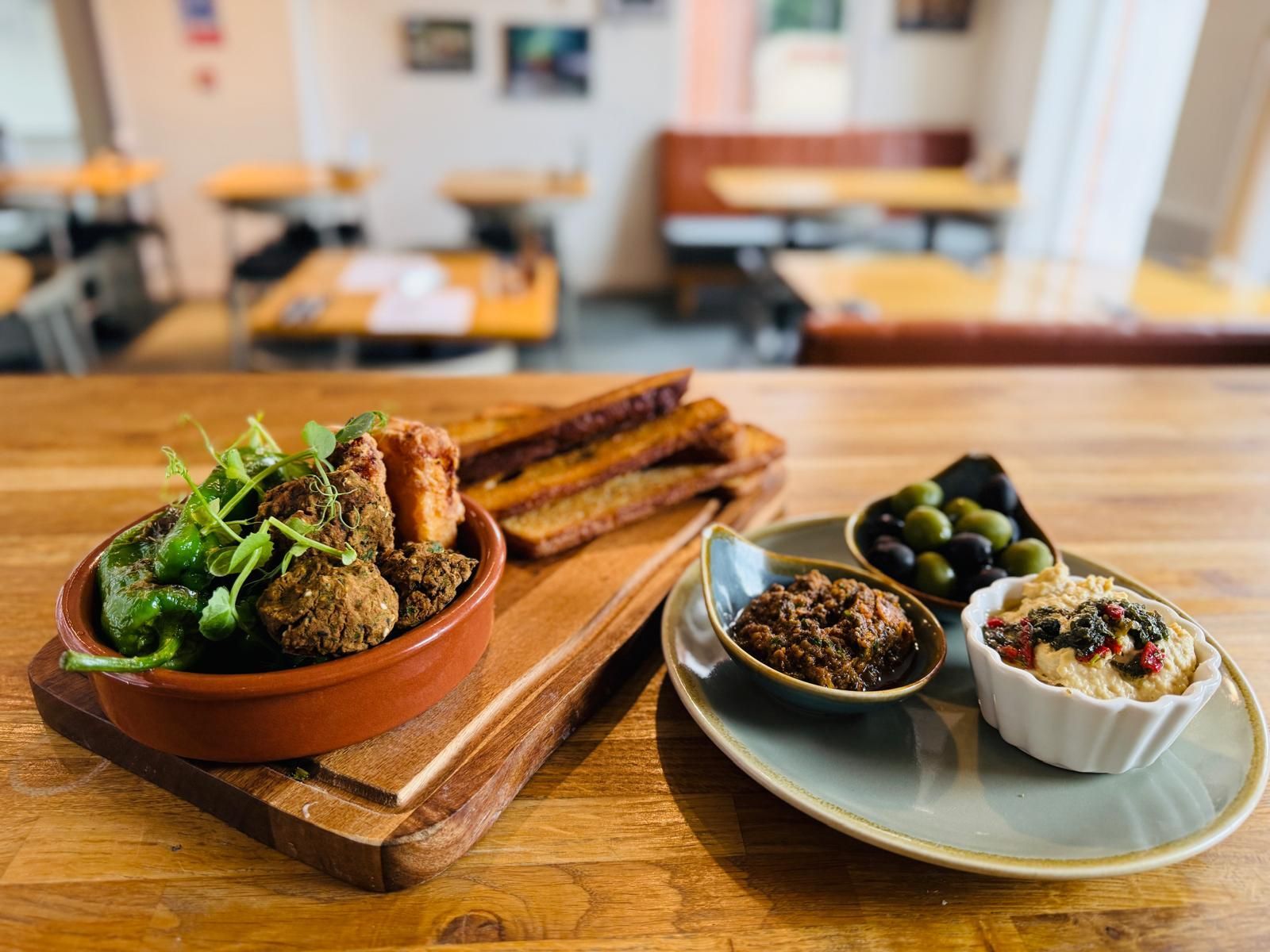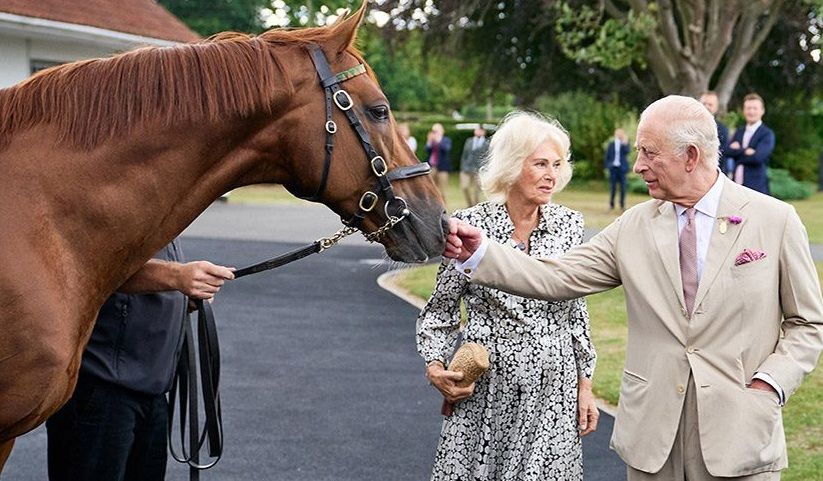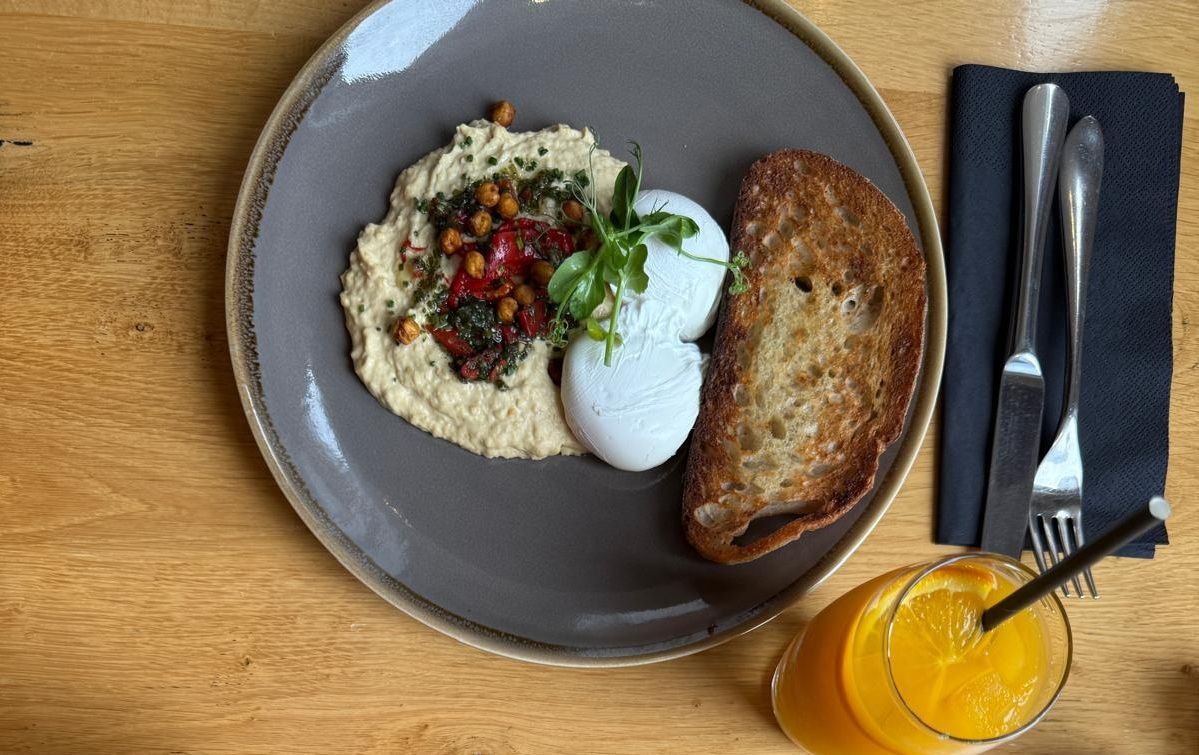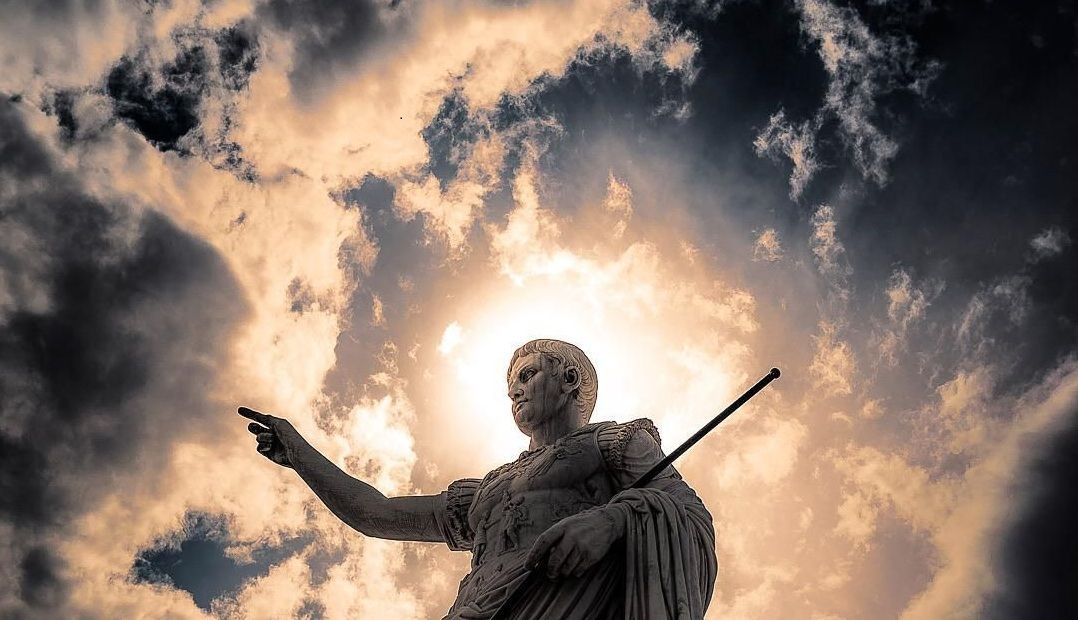By Paul Winchester
•
September 9, 2025
The Harvest Month Traditionally, September was the time when communities came together to celebrate the harvest. Fields were cleared, crops gathered, and larders filled ahead of the colder months. Villages marked the occasion with music, fairs, and shared meals – the origins of what we now call the Harvest Festival. Here in Suffolk, that spirit of harvest is still alive. Food, after all, is the most joyful way to mark the turn of the season – and there’s nothing like a long table, good company, and dishes that celebrate the best of what’s grown, raised, and made nearby. Michaelmas and New Beginnings At the end of the month, 29th September brings Michaelmas, once one of the most important dates in the English calendar. Known as a “quarter day,” it marked the end of the harvest and the start of a new cycle in farming, finance, and education. Traditionally, it was also a time for goose feasts (yes, goose on the table was considered lucky). Michaelmas was often spoken of as a time of change – moving forward, renewing, and starting fresh. That idea feels just as true today: September still has that “back to school” energy, where routines reset and plans take shape for the months ahead. A September Blood Moon Adding to this year’s drama, we were treated to a Blood Moon on Sunday – a rare lunar eclipse that cast the moon in a glowing red. For centuries, such moons have been surrounded by stories: omens of change, signals of renewal, and moments to pause and take stock. Whether you see it as science or symbolism, there’s something magical about looking up at a September sky and feeling part of something bigger. It’s a reminder – just like the harvest, just like Michaelmas – that we’re always in cycles of endings and beginnings. September at The Tack Room Here at The Tack Room, we like to think September is best enjoyed slowly. Long autumn lunches, a glass of something rich as the evenings draw in, and seasonal dishes that bring together the best of local produce. It’s a month to celebrate both tradition and transition – with food at the heart of it all. So here’s to harvests, new beginnings, and a little lunar magic. September has arrived – and we’ll raise a glass to that.
